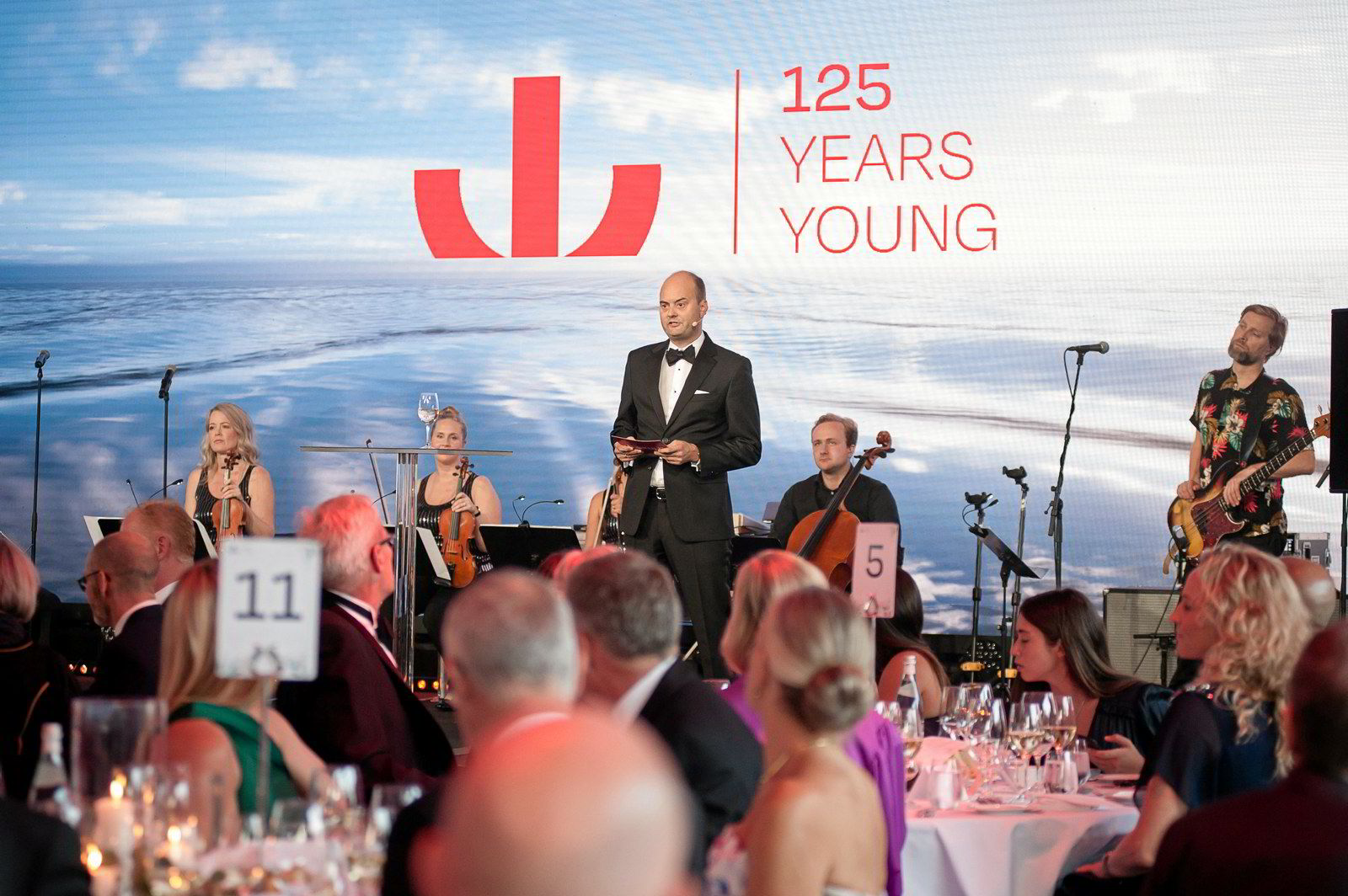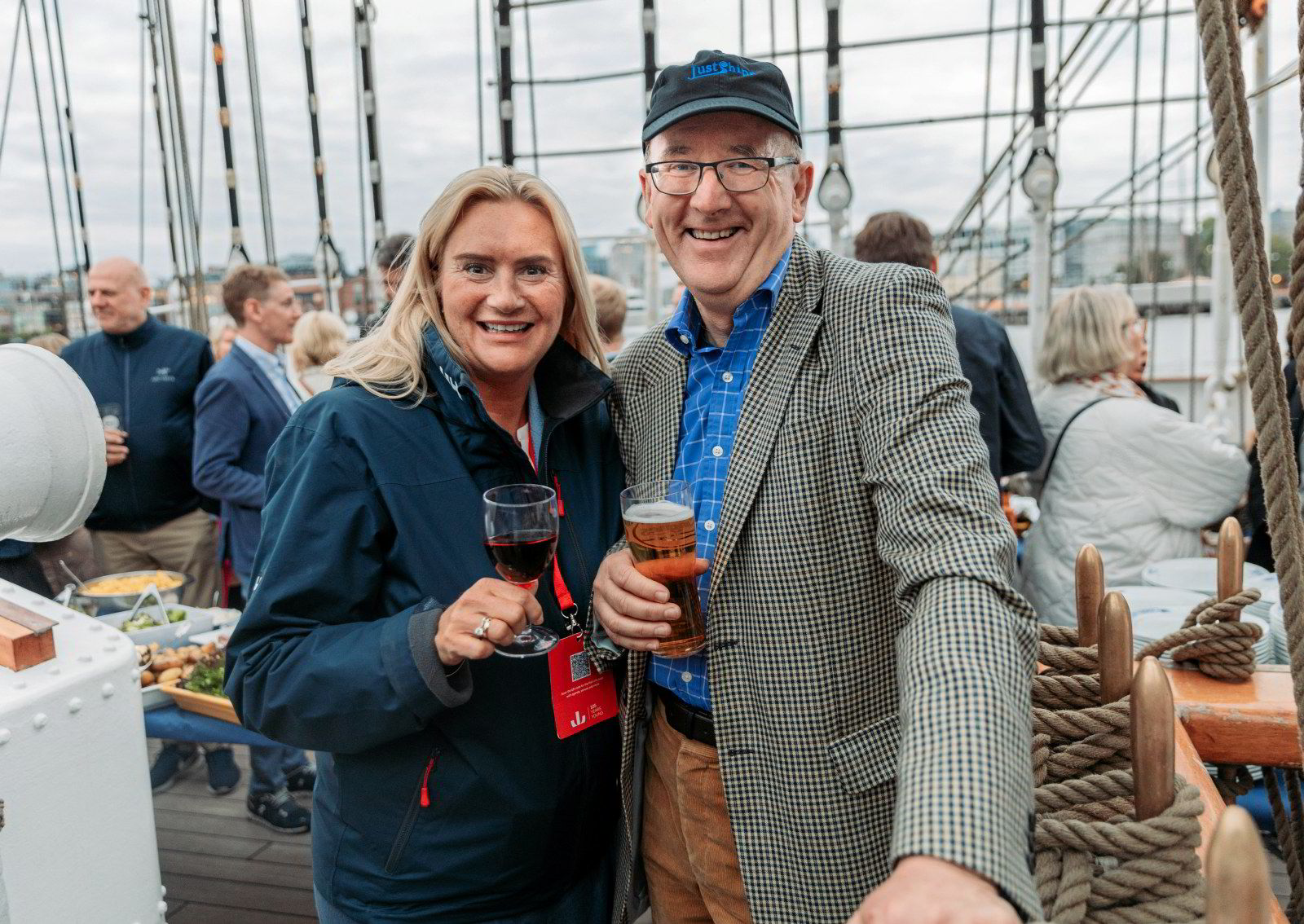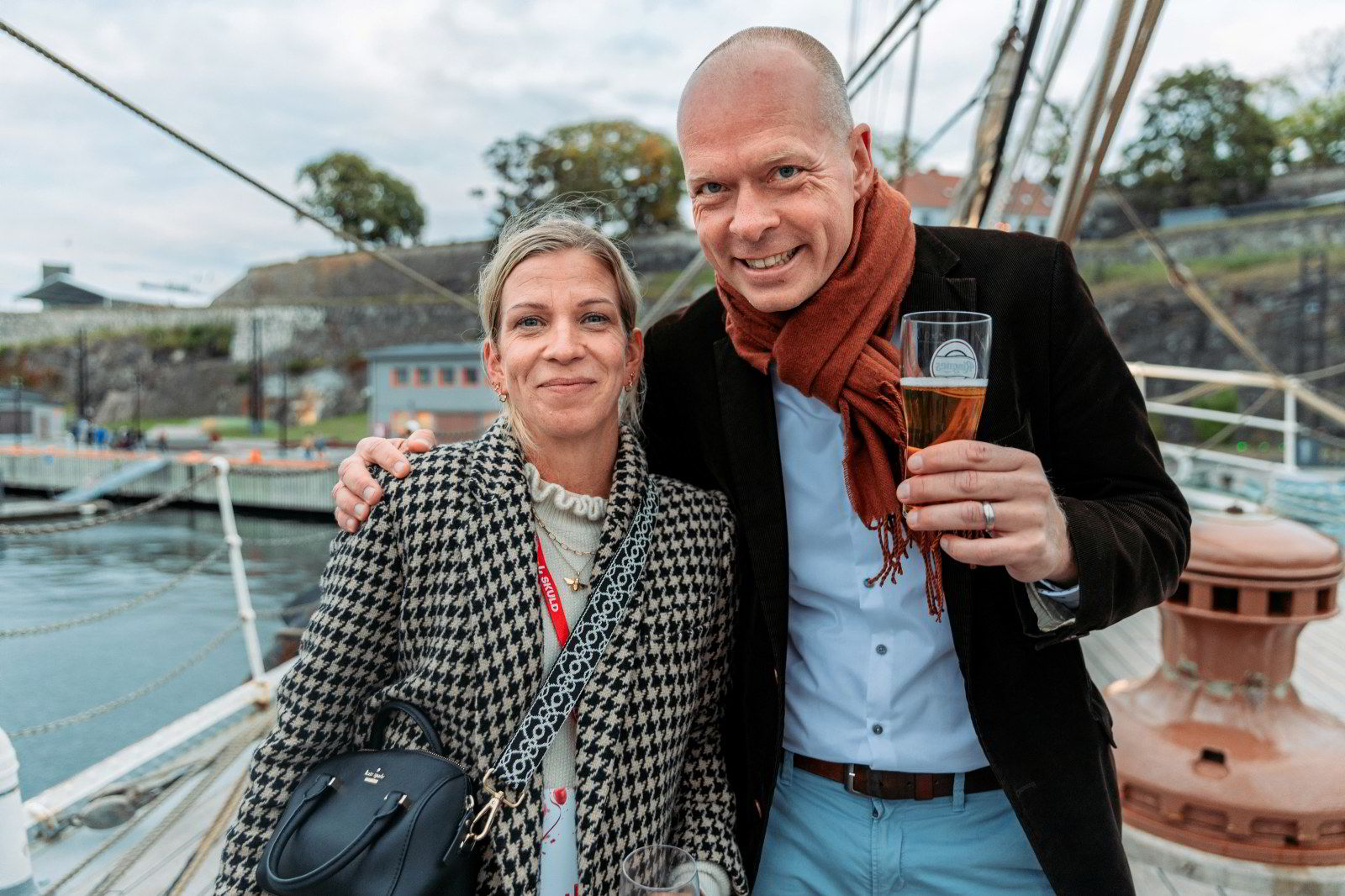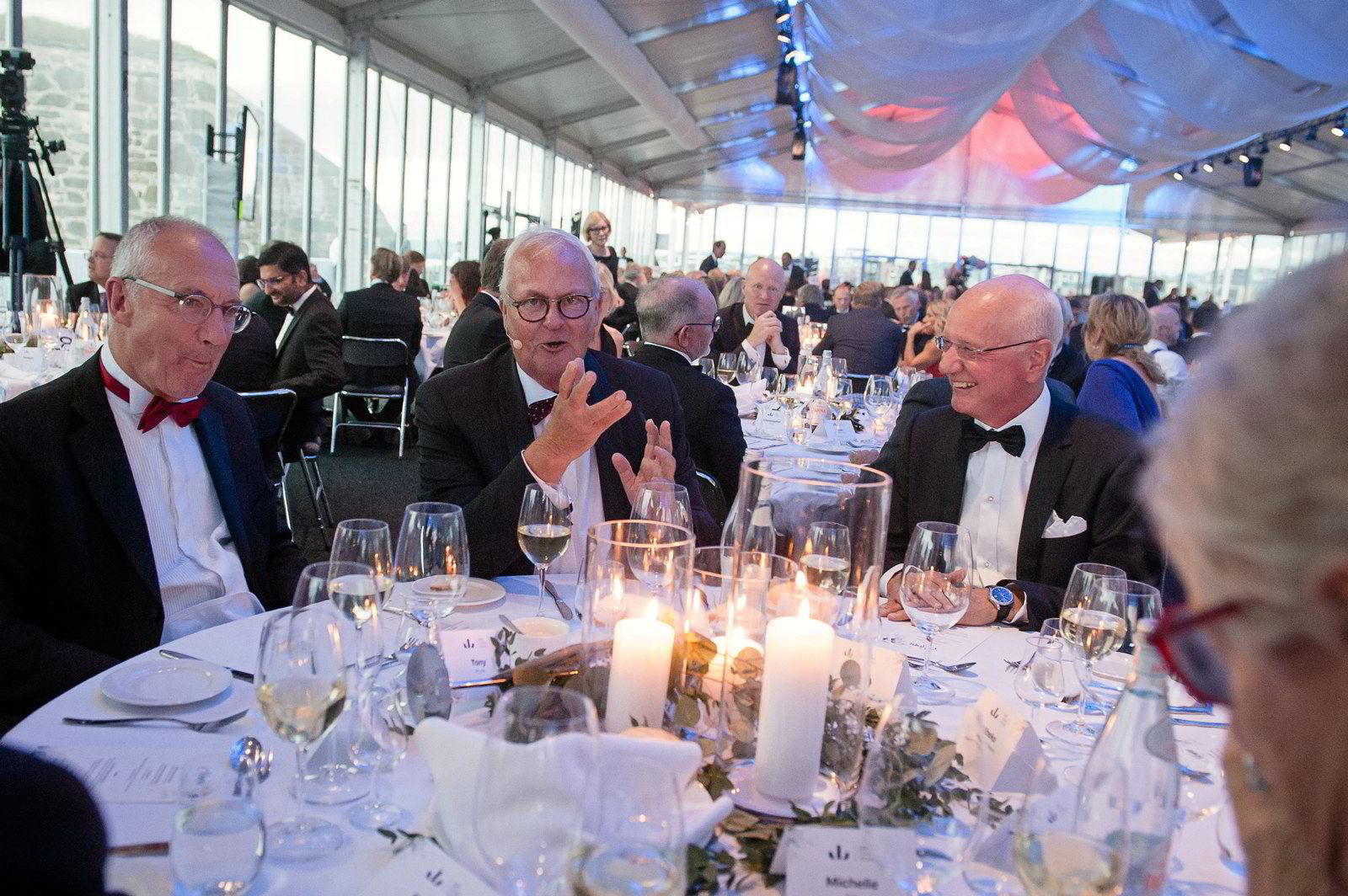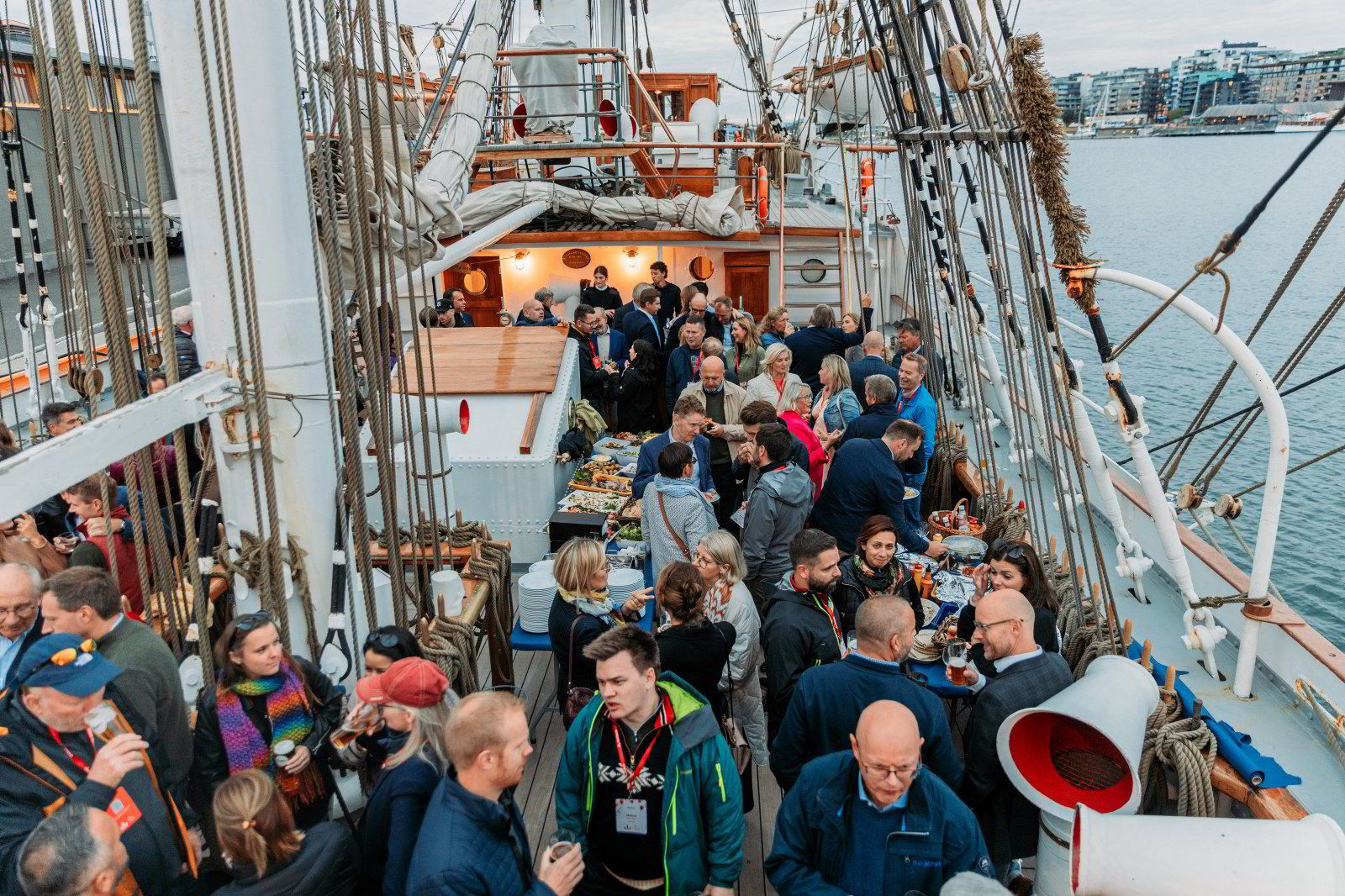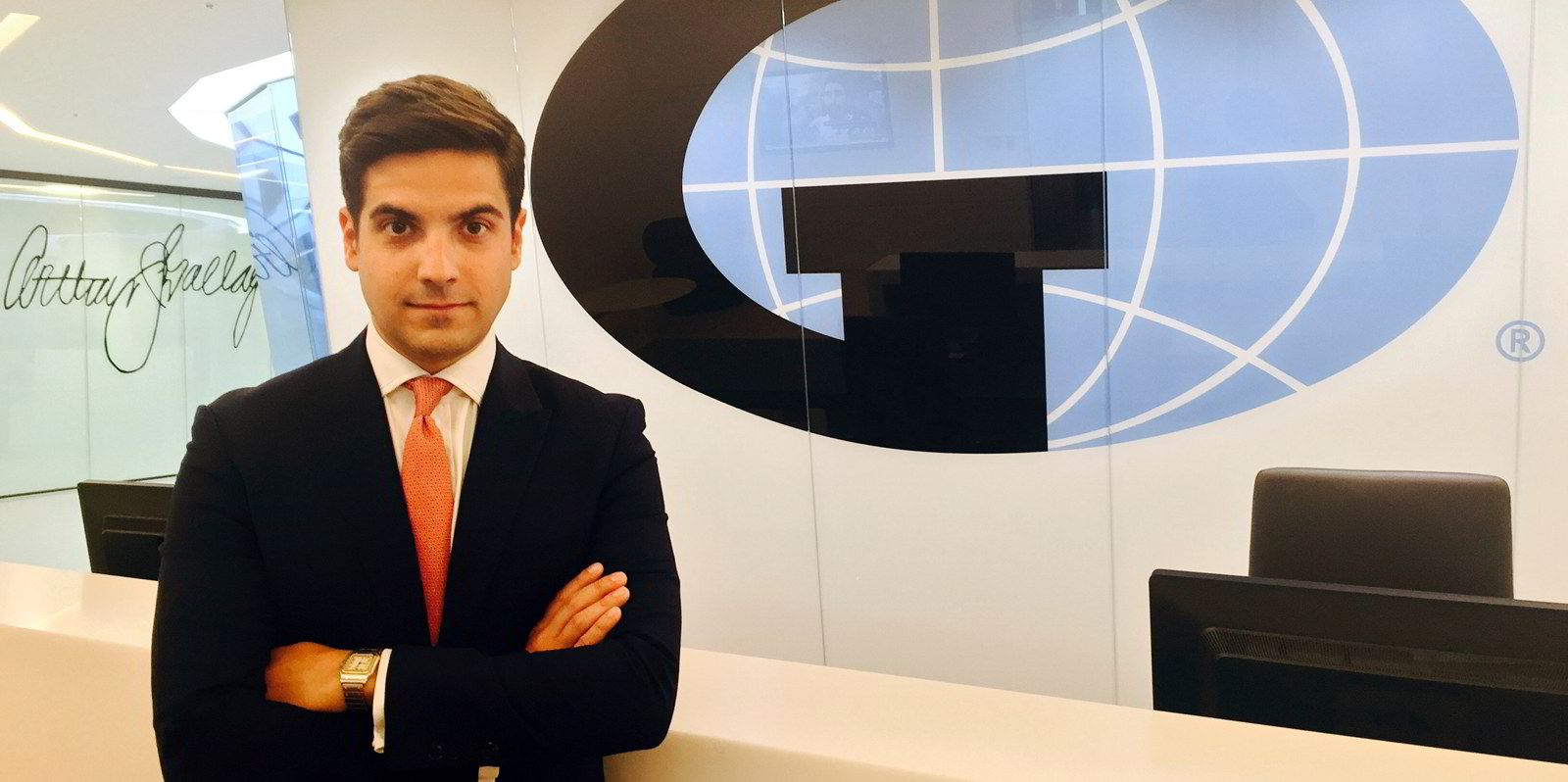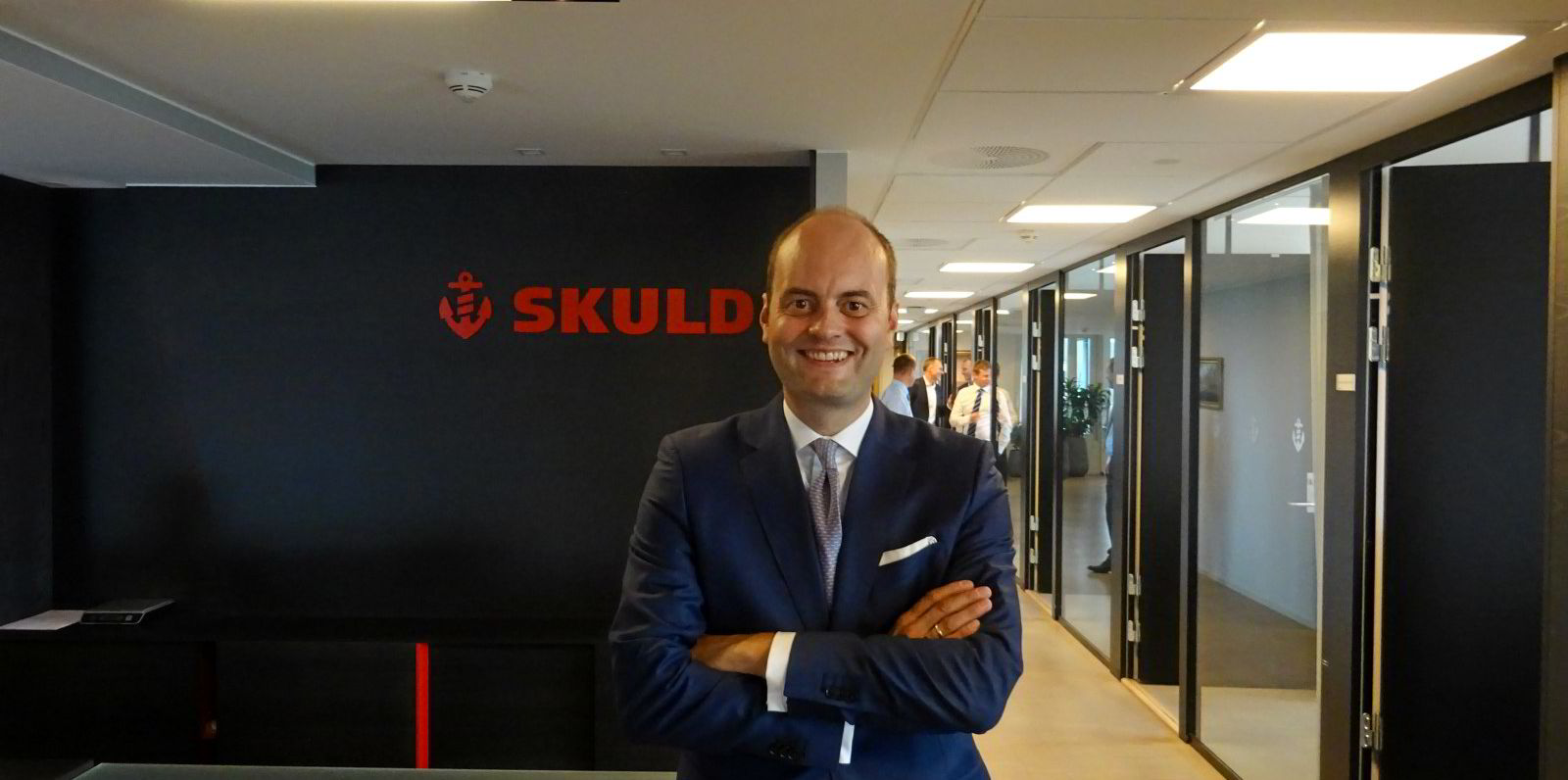Skuld chief executive Stale Hansen likes to take a turn on the drums to get the party started at the marine insurer’s annual event.
There were added reasons to celebrate this month as 600 members, clients, brokers and staff popped the champagne corks in the centre of Oslo.
The Norwegian mutual was marking its 125th anniversary and had just presented a healthy-looking set of half-year results, despite one of the most challenging protection and indemnity markets in more than a decade.
The $18m profit for the first six months, compared with a $24m loss in the same period last year, was due in large part to commercial marine insurance business lines.
Hull and machinery and other non-mutual insurance lines brought in revenue of $117m for the six-month period, overtaking the mutual P&I income of $111m.
It is a remarkable turnaround from a few years ago, when a failed venture in commercial insurance at the Lloyd’s of London market racked up eye-watering losses.
Since then, Skuld has brought the business back in-house, just as the hull and machinery markets went on a three-year run of hardening rates.
“We have benefited from bringing operations in-house where we can run it with the same administration and we can use the same systems as P&I. There are so many cost and organisational benefits of running it all under one umbrella,” Hansen said.
“It was expensive for us to operate under a Lloyd’s syndicate platform, and we did not really have the scale. So to build it up as we already have in the club, through our P&I business, really made sense and we are really harvesting on that strategy in a relatively short time.”
One-stop shop
Members too have benefited from being able to use Skuld as a one-stop shop for marine insurance, and the take-up of multiple insurance lines is growing.
Another positive is that the commercial lines have built up the size of the business. In terms of combined commercial and mutual revenue, it ranks as the third-largest in the International Group of P&I Clubs, even after the pending merger of North P&I Club and the Standard Club.
That takes some of the pressure off the club to pursue mergers to build up the business ahead of an expected P&I consolidation trend.
Brokers have mischievously suggested the London P&I Club will soon come calling on Skuld with a merger proposal.
Quite comfortable
But Hansen said there is nothing to the gossip and clarified that although Skuld is ready to consider talks with another club, it now has the stature to go it alone.
“We are quite comfortable with the size we have, so it really has to make sense for us to team up with someone, and it must create more synergies for Skuld going forward,” he said.
“I would not rule it [a merger] out because I’ve said it so many times, size does matter in our industry. We are looking at what our options are going forward, but for now we have a clear stand-alone strategy.”
The P&I mutual business is heading for break-even but is still losing money. And while investment markets are paying low returns, Hansen believes further rate adjustments might be needed after last year’s increases.
“With the inflation that we see coming into the picture now, that will obviously have an effect on our claims reserves going forward. With a combined ratio of over 100% on a quiet first half, that leads me to think we will probably see a continuation of hardening in the coming renewal,” he said.
He pointed out that P&I business continues to grow despite losing some Russian business as the result of international sanctions.
Skuld has its sights set on the Japanese market, where a new Tokyo outpost will look to build on charter and leasing relationships that its European and other clients have with Japanese owners.
Environmental, social and corporate-governance issues are playing an increasingly important role in its approach to business, and a commitment to the Poseidon Principles for Marine Insurance is under consideration.

